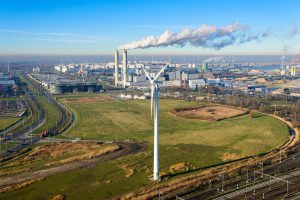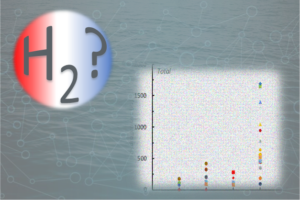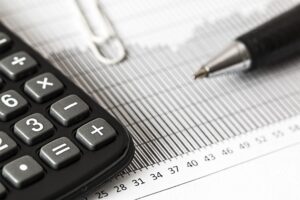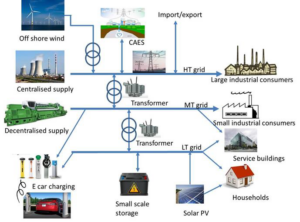Stralen, J. van
Publicaties van Stralen, J. van

Herziening van de Europese Energy Efficiency Directive vraagt om meer energiebesparing
Betaalbaarheid, onafhankelijkheid en transportuitdaging Nederland kiest ervoor om sterk in te zetten op energiebesparing. Energie die we niet gebruiken, hoeven we immers ook niet op te wekken, te betalen, te importeren of te transporteren. Energiebesparing draagt daardoor direct bij aan de betaalbaarheid, vermindert de behoefte (en houdt daarmee rekening met schaarste) aan duurzame energie in […]
Lees meer
Ontwikkeling energie-intensieve industrie bepalend voor de energietransitie
Door TNO zijn twee scenario’s opgesteld (ADAPT en TRANSFORM) waarmee met name de grote veranderingen in het Nederlandse energiesysteem zijn verkend die kunnen (moeten) plaatsvinden in de periode na 2030. In het behoudender ADAPT-scenario bouwt Nederland voort op zijn huidige economische sterktes en kiest het voor zekerheid en behoud van de huidige levensstijl. We passen […]
Lees meer
The impact of phasing out woody biomass for heat generation
For this analysis, two scenarios developed by TNO in 2020 were used that describe possible developments for the transition to a sustainable energy system for the Netherlands up to 2050. The scenarios – ADAPT and TRANSFORM – achieve the objective to reduce 49% of greenhouse gas (GHG) emissions by 2030 and a 95% GHG emission […]
Lees meer
Hydrogen in the Netherlands. A review of recent Dutch scenario studies
We provide a review of the projected range in hydrogen use across various sectoral applications based on 13 studies reported in the recent literature (see Appendix A for a list of the studies). Studies with a focus on other regions, for instance on Europe or the world, are used in the discussion in a qualitative […]
Lees meer
OPERA: A new high-resolution energy system model for sector integration research
This article introduces and describes OPERA, a new technology-rich bottom-up energy system optimization model for the Netherlands. We give a detailed specification of OPERA’s underlying methodology and approach, as well as a description of its multiple applications. The model has been used extensively to formulate strategic policy advice on energy decarbonization and climate change mitigation […]
Lees meer